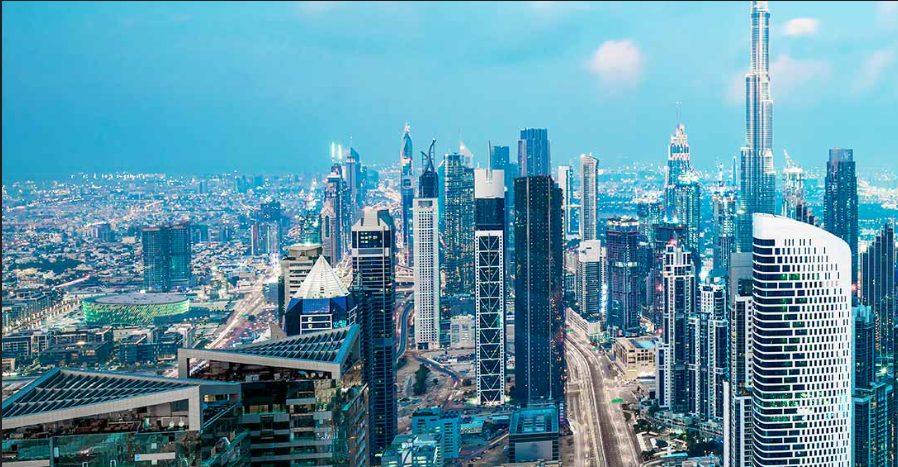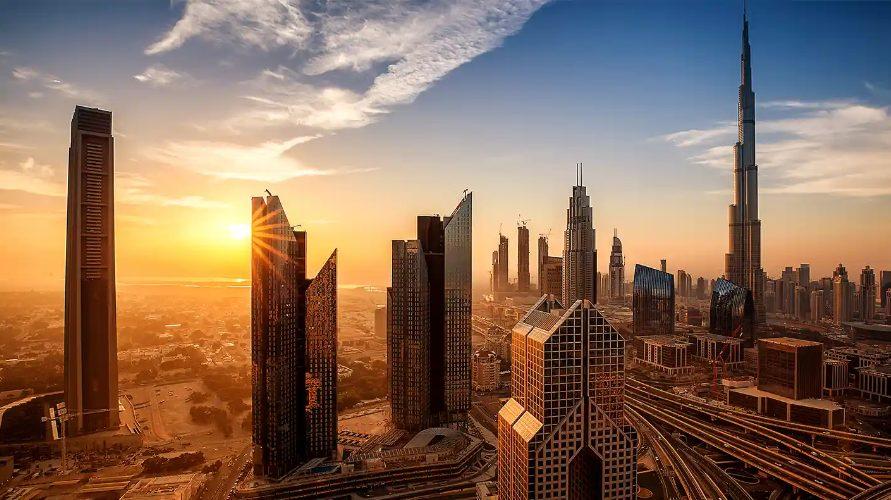
How to Choose the Right Property for Investment in Dubai
How to Choose the Right Property for Investment in Dubai: Dubai is a thriving metropolis with many options for real estate investment. I know this market inside and out, therefore picking the perfect property to invest in Dubai in order to get excellent returns is essential. I’ll provide my advice on how to pick the best property in Dubai for investment in this blog post, enabling you to make well-informed choices that support your financial objectives. Understand Your Investment Goals Establishing your investment objectives is crucial before entering the real estate market. Are you searching for a rental property or something you can hold onto for future growth? Knowing your goals will help you focus and reduce the number of possibilities available to you when making decisions. Also see: Why the World’s Wealthiest are Flocking to Dubai’s Real Estate For instance, you can think about investing in real estate in high-demand rental locations like Downtown Dubai or Dubai Marina if you’re searching for quick cash flow. But if you’re looking for long-term appreciation, you might want to look into new communities with rising property values, including Jumeirah Village Circle or Dubai Silicon Oasis. Research the Market A crucial first step in selecting the ideal Dubai real estate for investment is conducting market research. There are a number of variables that affect demand and property prices in this real estate market, which can be quite dynamic. As always, I advise keeping up with any changes in the market, impending legislation, and economic indicators that may have an effect on your investment. Also see: Top 5 Strategies for Navigating Dubai’s Real Estate Market I frequently use sites like the Dubai Land Department and different real estate analytics platforms to get in-depth information. These sources give valuable data on market performance, property prices, and rental yields. Location, Location, Location Location is one of the most important considerations when investing in real estate. Certain localities in Dubai have higher potential for appreciation than others, and some are more desired than others. I usually advise looking for properties in established or rapidly developing areas. For instance, Downtown Dubai and Palm Jumeirah are well-known for their high rental yields and luxurious services, whilst Dubai Sports City and Dubai Investments Park can provide more reasonably priced options with significant growth potential. Also see: Key Factors to Consider Before Investing in Dubai Real Estate Evaluate Property Types A wide variety of property kinds are available in Dubai, such as townhouses, apartments, villas, and commercial properties. Every type of property has benefits and drawbacks, so it’s critical to consider which ones fit best with your investment plan. For example, your best chance might be apartments in high-demand areas if your goal is residential rental income. However, villas in communities like Arabian Ranches or Emirates Hills might be a better option if you’re looking to invest in something family-friendly. Making educated decisions can also be aided by knowing the demographics of your intended tenant or buyer. Also see: The Impact of Mega Projects Like Burj Khalifa on Dubai’s Property Market Check for Developer Reputation The success of your investment might be greatly impacted by the developer’s reputation. It is usually advisable to conduct extensive research on the developers of the homes you are thinking about. Seek out reputable businesses with a track record of completing jobs on schedule and with excellent quality. You can speak with neighborhood real estate brokers, read internet evaluations, and even go to some of their finished projects. Reputable developers are more likely to guarantee the timely and high-quality delivery of their properties. Also see: Renting vs. Buying Property in Dubai: Pros and Cons Understand the Legal Framework It is necessary to comprehend the legal system in order to invest in Dubai’s real estate market. It is imperative for international investors to be aware of the laws and rules pertaining to property ownership in Dubai. To make sure you are in compliance with all local laws, I frequently advise contacting a local real estate attorney. They can assist you in understanding property ownership laws, particularly if you are thinking about off-plan houses where the laws might be different. Also see: How to Get Started in Dubai Real Estate as a First-Time Investor: A Personal Guide Assess Financing Options How to Choose the Right Property for Investment in Dubai: Evaluating your financing alternatives is essential when selecting the ideal property to invest in Dubai. Various mortgage options catered to local and expatriate investors are offered by different banks and financial organizations. I advise contrasting the conditions of the loans, interest rates, and qualifying requirements offered by various lenders. Additionally, some developers offer advantageous payment options for off-plan residences, allowing you to manage your financial flow more effectively. Consider Property Management Consider working with a property management business if you’re an investor from overseas or if you’d rather not handle your property on a daily basis. They may take care of everything, including maintenance and tenant screening, so you can concentrate on generating passive income and keeping your property in good condition. Also see: Dubai’s Real Estate Market in Comparison to Other Global Cities: A Personal Perspective Your investment experience will be much more pleasurable if you partner with a property management business, as they can help you save a lot of stress and hassle. Stay Updated on Market Trends Keeping abreast with market trends is essential, as the Dubai real estate market is always changing. I frequently keep up with local real estate news, go to business gatherings, and connect with other investors to learn about the future of the market. A few excellent sources to keep yourself updated include Property Finder and Bayut. They offer insightful data on real estate values, market trends, and investment prospects. Also see: Why Property Prices in Dubai are Rising Again: A Personal Take Conduct Thorough Due Diligence You must do extensive due investigation before completing your real estate investment. This include looking over the property, going over all the










